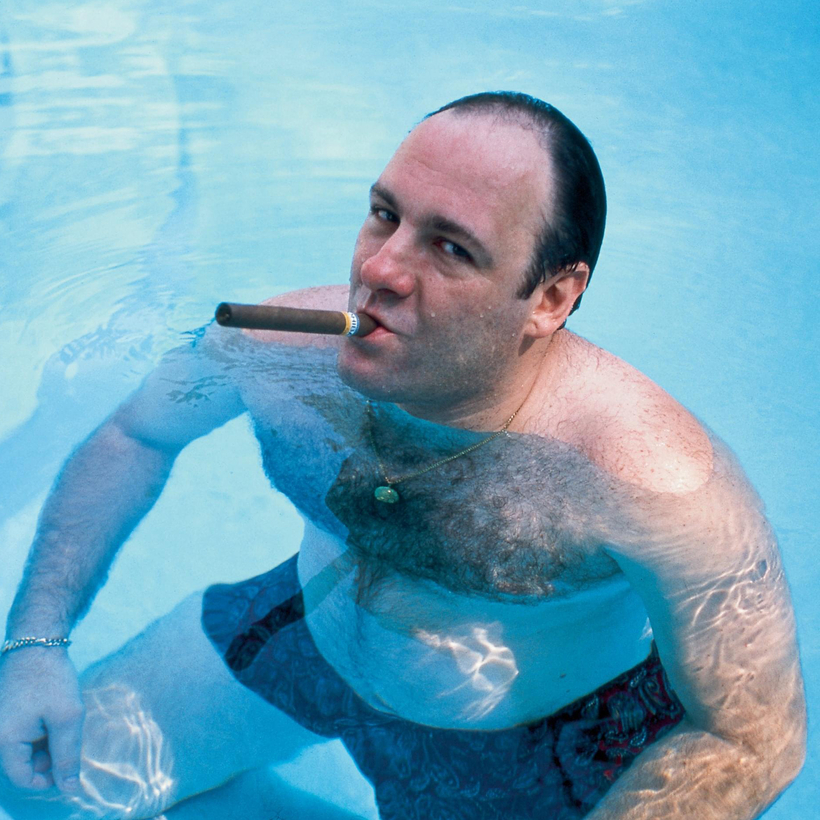James Gandolfini would have been the first person to wonder why anyone would read a book about him, judging from a new biography, Gandolfini: Jim, Tony, and the Life of a Legend. This was a performer whose sense of self-worth, depending on the day, ranged from unfeigned humility to desperate insecurity to full-on self-loathing. But even he would have recognized why we care: The Sopranos, the game-changing HBO series the actor anchored for a decade as Tony Soprano, the Jersey Mob boss who stands alongside Captain Ahab, Jay Gatsby, and Michael Corleone in the pantheon of all-American antiheroes.
It’s no knock on either Gandolfini or author Jason Bailey (a critic and journalist who previously wrote a Richard Pryor biography) that the pre- and post-Sopranos sections of this book can’t compete with its hefty, chewy middle. Professionally, the life was not unlike a sandwich with excellent ingredients nestled between slices of adequate bread. The book could have used trimming, but that is a minor downside to Bailey’s thoroughness as a researcher: he seems to have talked to everyone who would talk to him, and tracked down multiple revealing interviews with those who wouldn’t, including the late, press-averse Gandolfini.


